Tag: recall
-
Voters recall two Maine school board members
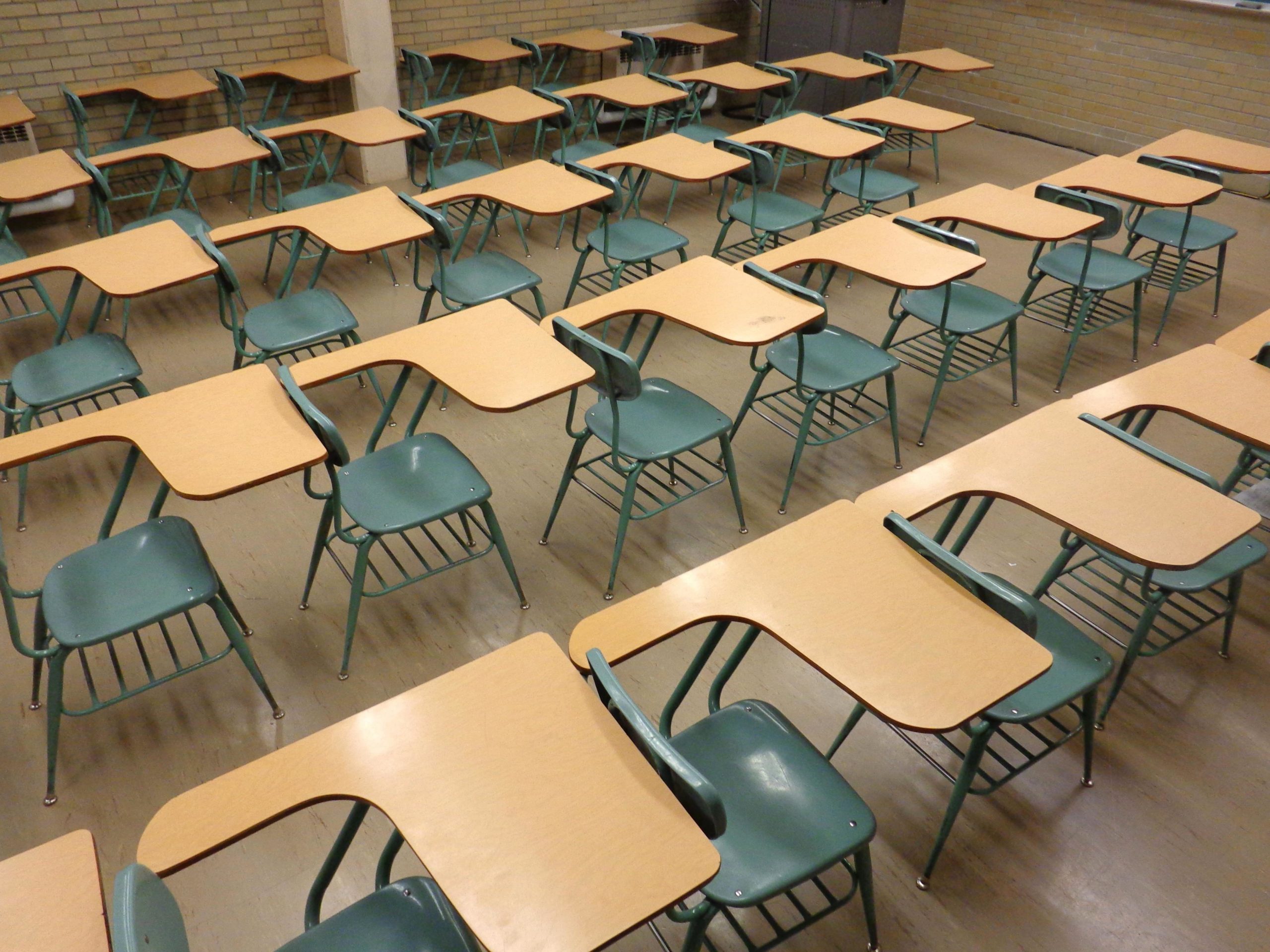
Voters approved recall elections against two members of the Maine School Administrative District 46 school board on June 10, 2025. In the recall election against Alisha Ames, 75% of voters cast ballots in favor of the recall, according to unofficial election night results. In the recall election against Judy Saunders, 67% of voters approved the…
-
State legislators face second-most recall efforts in Q1 2025
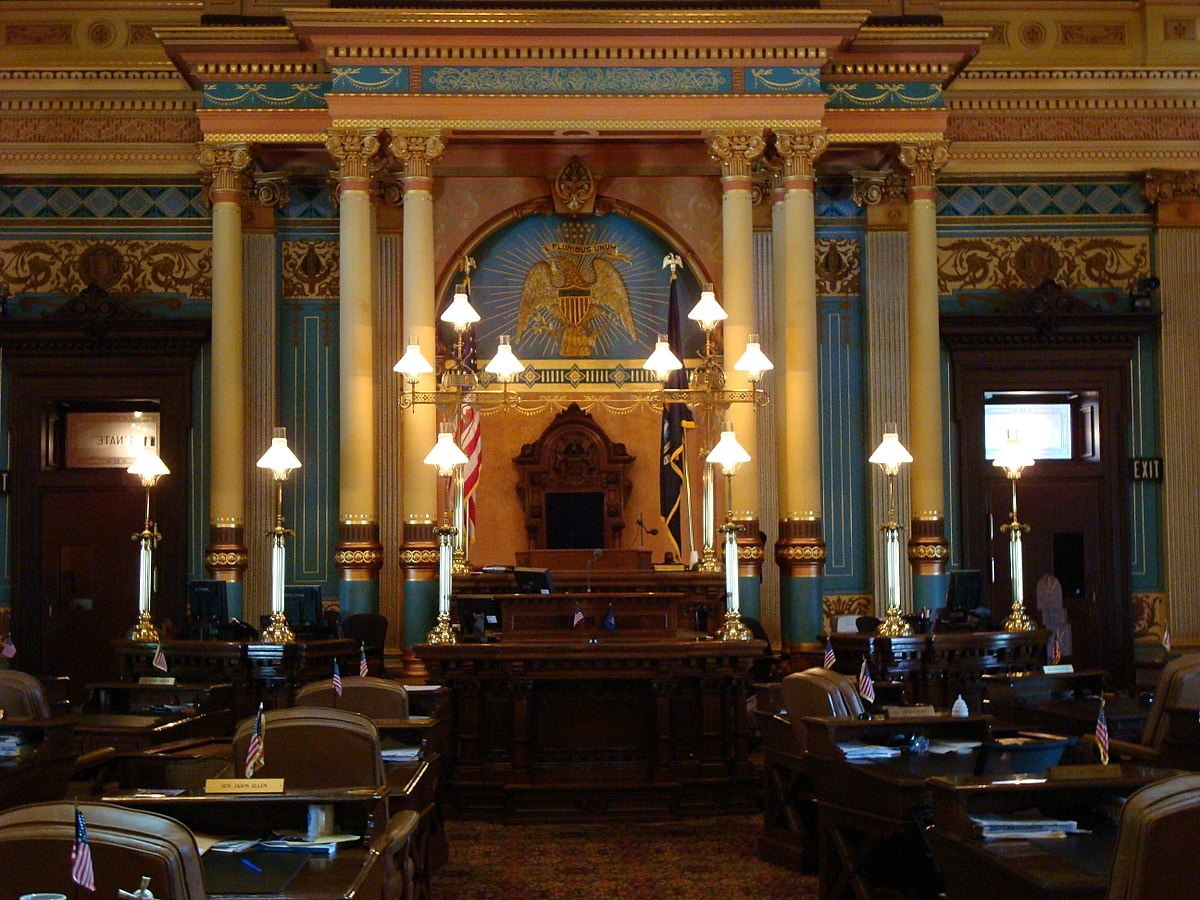
State legislators were included in the second-highest number of recall efforts this year out of all office types as of April 11, 2025. Ballotpedia had tracked recall efforts against 30 state legislators, which was second only to city council members, who saw 75 officeholders included in recall efforts. All 30 state legislators included in recall…
-
Two school board recall efforts start collecting signatures in first week of February

Petitioners attempting to recall school board members in Arizona and Idaho were approved to collect signatures in the first week of February 2025. In Arizona, two members of the Liberty Elementary School District Governing Board—Kristopher Kenyon and Bryan Parks—were named in recall petitions. Supporters of the recall said over a dozen teachers had resigned since…
-
Fourteen bills that could make the initiative process more difficult were passed in 2024, tying with 2021 for the highest total since 2018

In the 2024 legislative sessions, 40 bills and resolutions concerning direct democracy—such as ballot initiatives, referendums, and recall petitions—were passed. This exceeded the annual average of 34 bills enacted between 2018 and 2023. In 2024, state legislatures passed 14 bills that could make the initiative process more difficult and four bills that could make it…
-
Legislatures considered 334 proposals related to initiative, referendum, and recall in 2024 and passed 40 of them

Twenty-six states provide for an initiative or referendum process that allows citizens to collect signatures to place an initiative on the ballot to propose a new law, amend an existing law, or reject a law passed by their state legislature. State constitutions and statutes provide the frameworks that govern a state’s direct democracy process, including…
-
California remains state with most officials targeted for recall since 2010
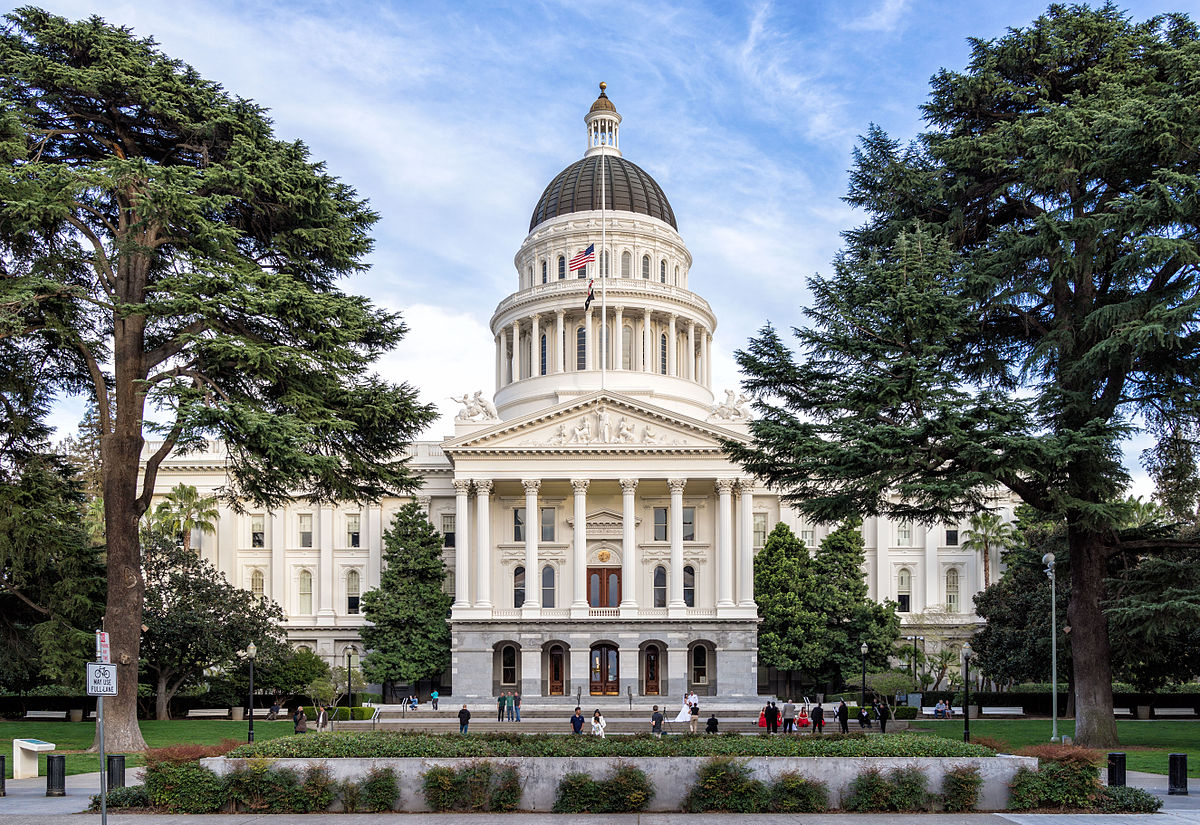
Ballotpedia has tracked 1,011 officials included in recall efforts in California since 2010, which is more than any other state. Those officials account for 19.2% of all recalls Ballotpedia has tracked as of September 30, 2024. Michigan had the second-most with 986 (18.7%), and Colorado was third-highest with 355 (6.7%). Both California and Michigan had…
-
First half of 2024 sees historic spike in recall efforts against elected officials
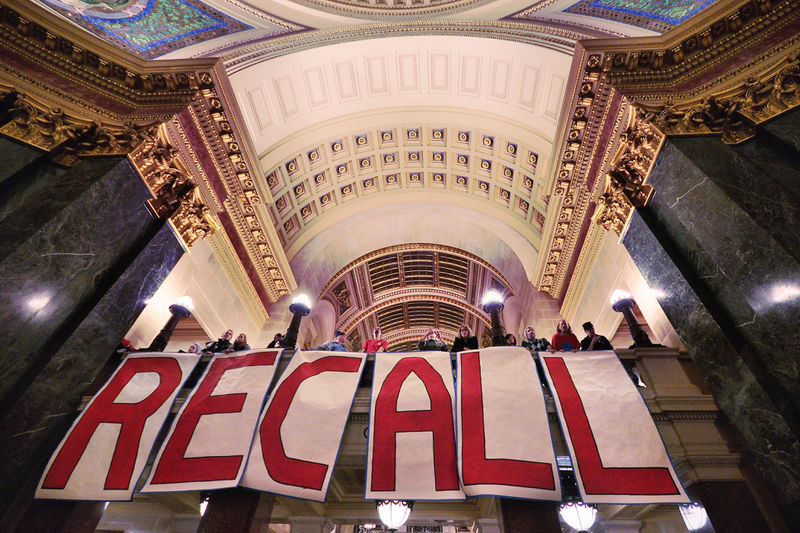
In the first half of 2024, Ballotpedia tracked the highest number of officeholders targeted for recall and the highest number of officeholders removed from office by mid-year since tracking began in 2014. From January 1 through June 28, 2024, there were 164 recall efforts launched against 266 officeholders, resulting in 38 officials being successfully recalled.…
-
Anaheim City Council recall election defeated

In California, a recall election seeking to remove Natalie Rubalcava from her position as the District 3 representative on the Anaheim City Council was defeated by voters with 53.9% of the vote on June 4, 2024, according to the unofficial results. The recall effort began in August 2023. Recall supporters initiated the effort after the…
-
City council members continue trend of facing most recalls of all offices

Ballotpedia has tracked recall efforts against 78 city council members this year as of April 12, 2024, which is the most of any office type and accounts for 41.94% of the 186 officials included in recall efforts. City council members also had the highest number of recall efforts started against them from 2010 to 2020…
-
34 officials face recall elections on Nov. 7
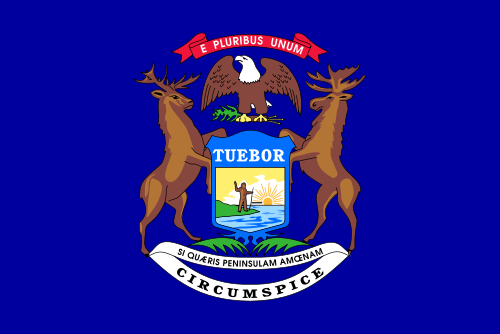
Ballotpedia is covering recall elections against 34 officials on November 7, 2023. The elections against 28 of those officials are happening in Michigan. Another three are in Oregon, and the remaining three are split between Colorado, Ohio, and Texas. Thirteen of the 34 officials on recall ballots are city council members. Nine are city officials,…

